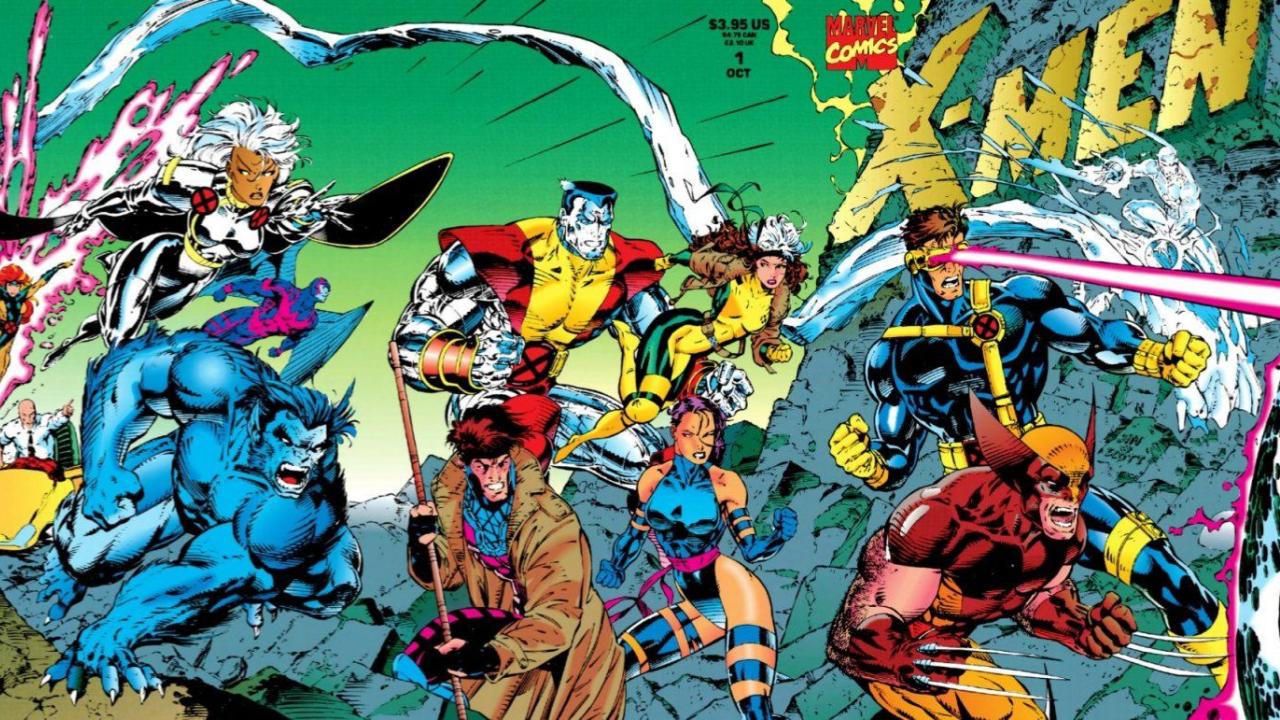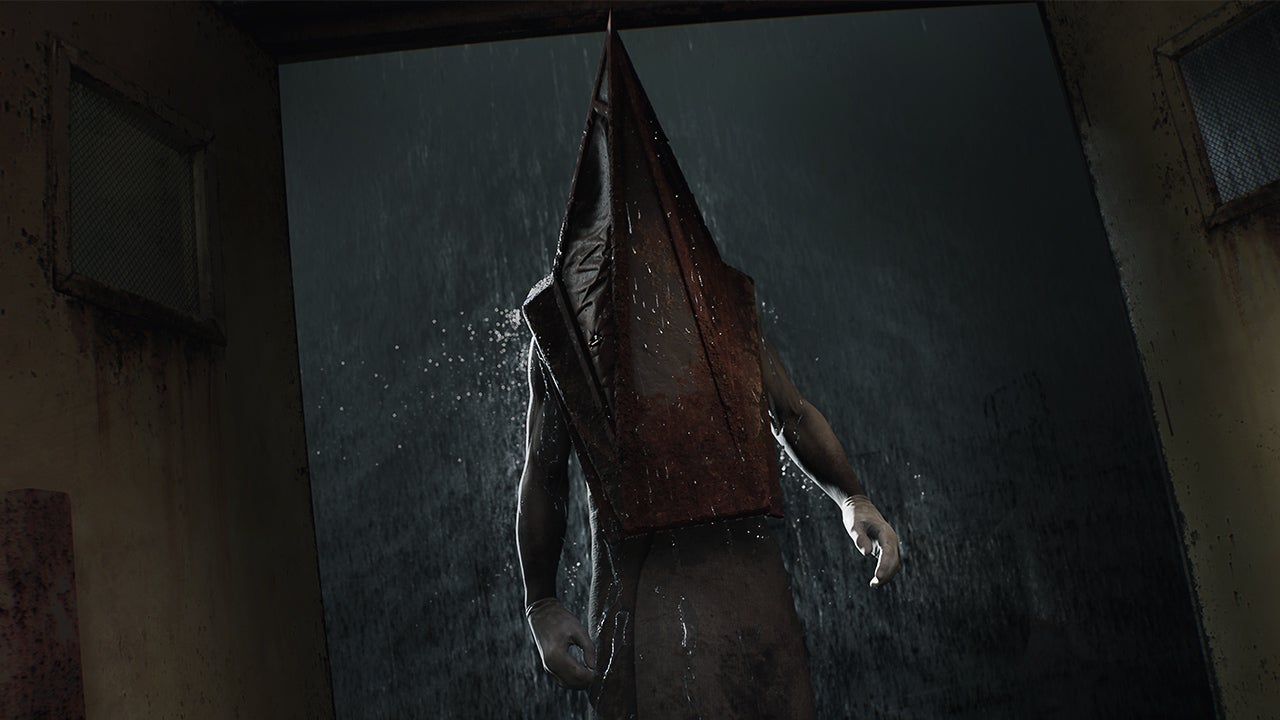Growing up, there was probably no better feeling than getting to go to the shop and see which X-Men comics had ended up on the shelf. This was the early '90s, before the comics industry committed to the direct market and you could still buy a new issue as easily as grabbing a soda and your favorite candy bar. If you were a child of the '80s or '90s, it's likely that your first comic was one featuring the X-Men or one of the mutant team's roster — most likely Wolverine, seeing as he guest-starred in dozens of series at the height of his popularity. And the first X-Men '97 trailer, which hit last week, sure takes us back to that heyday with a preview steeped in '80s and '90s X-lore and vibes.
By the titular year of '97, the comics industry was collapsing after the famed boom and bust of that era. But the new trailer harks back to earlier days for the X-Men when the comic was the biggest-selling series on the planet, and it leans into the Chris Claremont era of storytelling that made the X-Men the most popular heroes on shelves. (Just check out that moment of Magneto talking to the UN from Claremont and John Romita, Jr.’s Uncanny X-Men #200.) But the trailer also knows its audience, and many of them are kids whose first comic purchase was X-Men #1 by Claremont and Jim Lee. All that pocket money we spent on that one played a part in making it the best-selling comic issue of all time at 8 million copies sold, a prestigious record it still holds.
It's no mystery that the original run of X-Men: The Animated Series, of which X-Men '97 is a long-delayed follow-up, used the 1991 Claremont and Lee relaunch as its template. Everything from costume designs to the team lineup to relationship dynamics leaned heavily on the new status quo that the legendary comic book creators established a mere year before the cartoon hit screens in 1992. The lore which it pulled from was being developed much earlier, however. Claremont took over the writing reins of X-Men in the mid-'70s, laying a foundation which would dramatically alter not only the fate of the X-characters but Marvel as a whole.
Just a few years before Claremont joined, X-Men was a reprint series on the verge of cancellation. Then, thanks to an ingenious reimagining by Len Wein and Dave Cockrum in the pages of 1975's Giant-Size X-Men #1, fortunes shifted dramatically. Wein soon passed the series to a young Claremont, and the recent Marvel intern put his playwright dreams on hold to lend gravitas to a team book reinvigorated by the inclusion of iconic Cockrum co-creations like Storm, Nightcrawler, and Colossus. The two storytellers clicked with audiences as they introduced classic storylines about the Phoenix Force, the Shi'ar, and Muir Island – all of which would later be adapted in X-Men: The Animated Series.
The once-dying comic book series was now flourishing, going from bimonthly to monthly as it stormed up the sales charts and found a new artist in 1978. Canadian himself, John Byrne took special interest in the X-Men's resident Canuck, Wolverine. Combined with Claremont's thoughtful insight, the squat man of mystery became an unlikely lead, slowly going from a violent and unapproachable outsider to a sensitive and protective mentor to his younger teammates. As the X-Men entered the 1980s, the series became the dominant force in superhero comics, granting Claremont unusual room to experiment as he developed long-term plotlines for an ever-shifting lineup of mutants that were anchored by the stoic Storm and the scruffy Canadian brawler. Both of whom would become staples in the Marvel Universe.
As the 1990s approached, Claremont and the X-Office structured a massive game-changing crossover around Genosha, the writer's allegory for South African apartheid. X-Tinction Agenda would not only provide a compelling conflict for the family of X-books, but it would fundamentally alter the X-Men's team structure, rearranging everything in preparation for the 1991 launch of X-Men #1. Young trailblazer Jim Lee was on a hot streak, his combination of talent and popularity providing an undeniable electricity as he was given creative priority over Claremont. The result was a bombastic culmination of everything that had been building over the past decade and a half. Everyone knew X-Men #1 would be a hit, but no one could have predicted the massive reception that the issue received.
And so it was in this climate that X-Men: The Animated Series emerged, visually replicating the highest-selling comic book of all time and having the great fortune of Claremont's beloved stories as its bedrock. Capitalizing on almost 20 years of success made X-Men a truly unique series. It was coming off the continued achievements of the comics rather than uncovering an old IP for a new generation. That's a large part of what made the show such a hit. Younger kids could discover the team through the series while older audiences enjoyed seeing iconic storylines adapted in an era when a big-screen X-Men movie felt like a far-off dream. When the movie did come, the creators behind said it was the cartoon rather than the comics that truly inspired it. Those foundations were laid by the comics, and from that the animated show built an intergenerational audience so passionate that we're getting a reboot over 25 years later.
X-Men '97 looks to continue that tradition, reaching into the '80s and '90s heydey of the comic for inspiration. One of the biggest clues in the trailer is the return of Bishop, a quintessential '90s character who debuted in Uncanny X-Men #281 (on the same day that X-Men #1 hit stands in 1991). Though Bishop isn't new to the animated series by any means, his inclusion as a main team member is. The kind of time travel shenanigans that always follow him around were hallmarks of X-Men comics in the '90s, especially a plotline that set him at odds with the team's other signature '90s mainstay, Gambit. And speaking of the ragin' Cajun, he's seen in the trailer riding on Wolverine's back as he charges his claws, surely an extreme '90s-style move if I've ever seen one.
All of that is to say that X-Men '97 isn't looking to reinvent the wheel but is instead rolling back into our hearts with a nostalgic exploration of the best of what the X-Men comics have to offer, while giving those of us who lived through the '90s that sweet feeling of picking up a new issue for the first time.
Rosie Knight is a contributing freelancer for IGN covering everything from anime to comic books to kaiju to kids movies to horror flicks. She has over half a decade of experience in entertainment journalism with bylines at Nerdist, Den of Geek, Polygon, and more.








